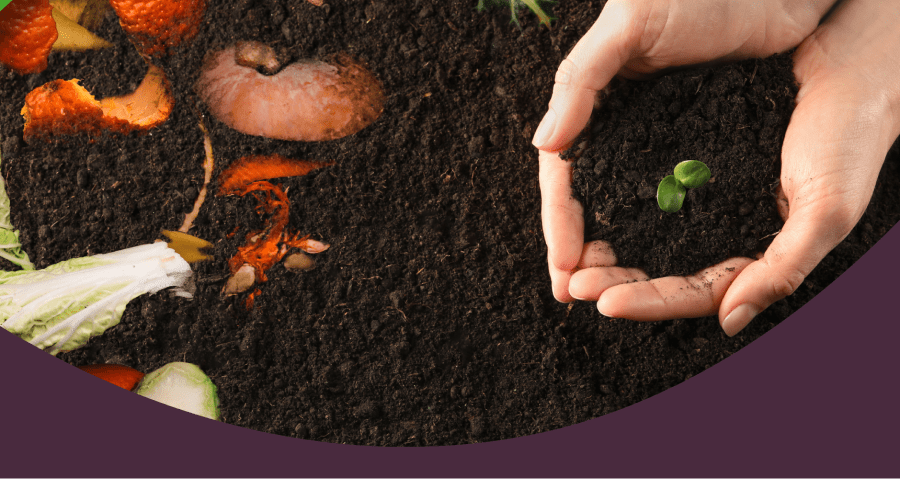Separating food waste is a positive climate action
During National Food Waste Recycling Week we aim to encourage everyone to recycle food waste by providing practical advice along with hints and tips on how easy it is to recycle and get everyone involved.
Why is it so important?
Food waste is a big issue, as wasted food can sometimes end up in landfill where it will produce methane which is a harmful greenhouse gas; this combined with the resources used to get the food to us, the consumers, and then wasting this food can have significant impacts on the environment. The recycling of food waste diverts this important resource from landfill and allows it to be transformed into renewable energy and fertilisers for horticulture and agriculture use in Ireland.
What can I do?
Currently 160,000 tonnes of bio-waste are recycled in Ireland, while the potential is there to increase this to 550,000 tonnes. This week we want to help increase understanding and awareness of the role that we all can play in Ireland’s circular and green economy. This is simply done through managing our waste efficiently, for food waste using a kitchen top caddy, lined with a compostable liner, has been proven effective.
Any leftovers can be placed in the caddy, this includes eggshells, tea bags, raw and cooked meat or fish but be sure to remove all foods from packaging first. There are two ways for which a food waste collection will be processed: composting or anaerobic digestion. Very simply composting mixes this food with garden waste to create a fertiliser while anaerobic digestion adds the food to a liquid [digestate] where very small bugs and bacteria breakdown the food which creates a gas which is used to generate electricity.
Every tonne of food waste recycled instead of ending up in landfill can prevent about half a tonne of carbon dioxide entering the atmosphere.


